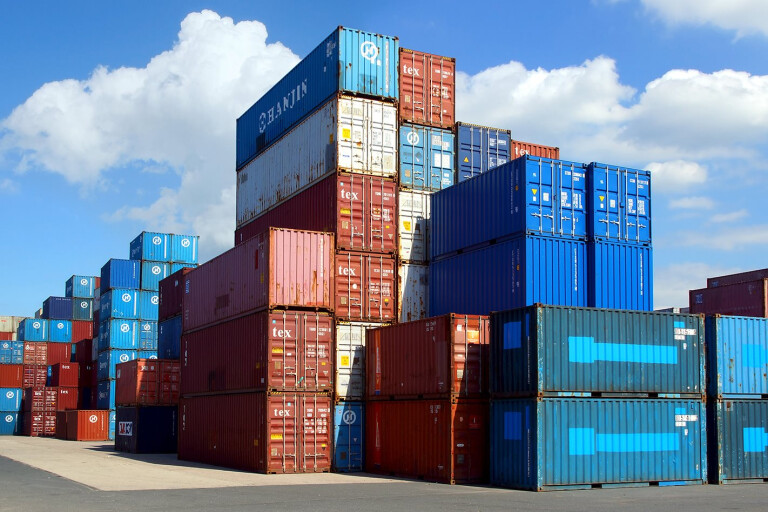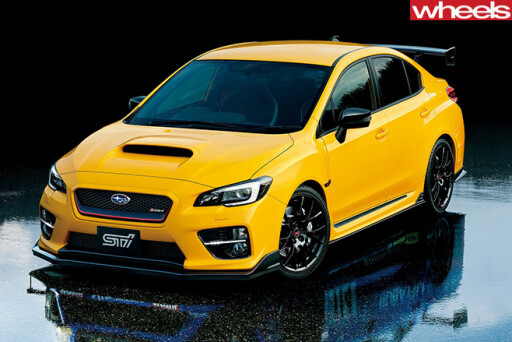
SWEEPING changes to grey import laws that will allow buyers to directly import cars from Japan and Britain won’t come into fruition, the boss of Subaru Australia has predicted.
“I think there’s many reasons why people in the government and the National Party will think it’s not good legislation when they sit down and are taken through it in detail in terms of some of the potential impacts,” Subaru Australia managing director Nick Senior said.
The Federal Government proposal was announced in early February 2016 and will enable Australian new-car buyers to personally import new and near-new vehicles from right-hand-drive markets with ‘comparable’ standards.
The changes to the Motor Vehicle Standards Act 1989 would give Australian buyers more choice while saving $70 million a year in regulatory costs, according to Paul Fletcher, the federal Minister for Major Projects, Territories and Local Government. The reforms are planned to come into play from 2018 – the year after Australian car manufacturing has officially signed off.
Yet the finer points of the legislation are still “exceptionally thin” according to the Subaru boss, who told Wheels that the laws were not a threat to company’s Australian operations. Subaru’s share of the Australian new-car market is 3.8 percent, with a long-term goal of growing to 4.0 percent. Last year it sold 43,600 cars, and has set sales records in 16 of the past 18 years in Australia.
 “It just doesn’t make sense for the areas that we play in the market to bring in a car from either the UK (we are considerably less expensive than the UK) and even Japan. By the time you put freight, all the duty coming in etc…” Senior said.
“It just doesn’t make sense for the areas that we play in the market to bring in a car from either the UK (we are considerably less expensive than the UK) and even Japan. By the time you put freight, all the duty coming in etc…” Senior said.
He also flagged potential teething problems for cars sourced from Japan as simply not worth the headache. “The fact that the sat-nav systems are Japanese, and you cannot just chip them to replace them … there’s a litany of other reasons why I don’t think it makes economic sense at the moment for someone to bring in cars.”
That includes the exchange rate, a factor that’s hampered Subaru in other markets such as Britain. “No-one can predict the exchange rate, but you put today’s exchange rate against a WRX in Japan, and it just doesn’t make sense,” Senior said.
Private importation of vehicles has been flagged as a potential threat to carmakers, who with more than 60 brands competing for new car buyers, already operate in what’s regarded as the most competitive new car market in the world.
The Federal Chamber of Automotive Industries was especially critical of the announcement. “Not only is the government taking a 'buyer beware' sentiment that would see many Australians caught in high-risk situations with their vehicles being outside established service networks; the government is misleading consumers by telling them a used vehicle with 500km or one that is 12months old, is new,” FCAI’s statement responding to the planned reforms says.

COMMENTS